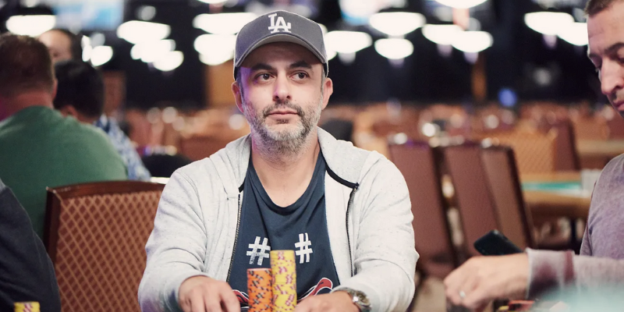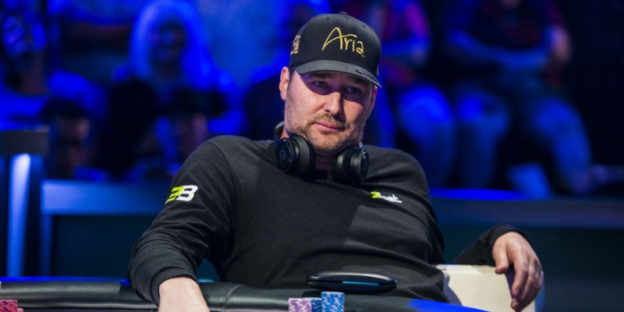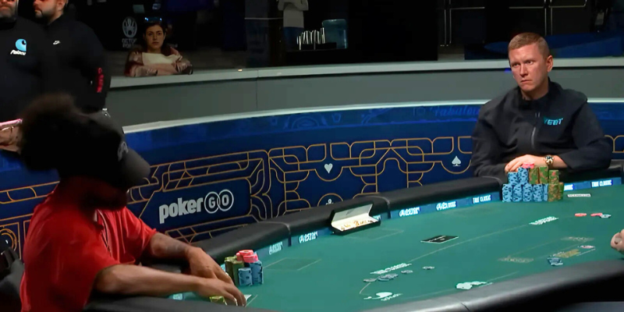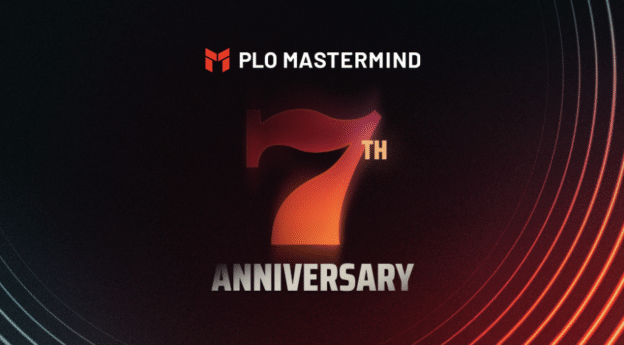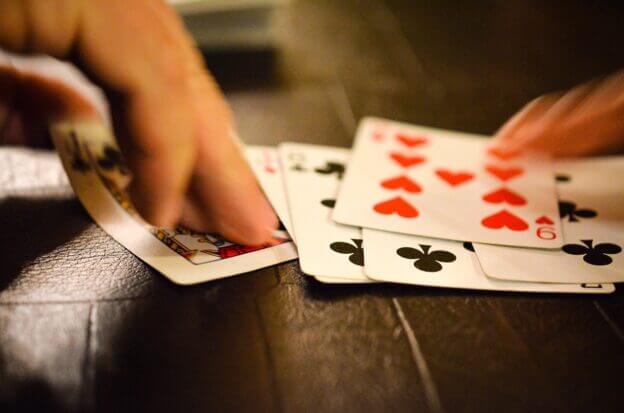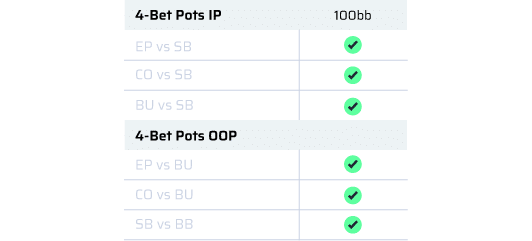Why do certain players have massive success in poker and others can’t even beat low stakes? It’s generally not due to the lack of intelligence, talent, or prior knowledge.
Proper execution and consistency are key.
And these are regulated by the amount of emotional baggage you bring to the table. Your limiting beliefs, self-sabotaging behavior, and lack of emotional control can make winning at poker extremely difficult.
That’s why we designed the pillars of poker mental game:
Why is poker mental game important?
Although strategy is required to crush poker, it’s not going to be the make-it-or-break-it factor for your long-term success. Most of our decisions are driven by emotion. This makes decisions reactive, which is absolutely deadly in poker.
We have to learn to be logical as much as possible.
Mental game can give you a significant edge.
Competition is getting stronger than ever. Studying hours of poker theory does not improve your win rate as much as it used to. At the same time, many poker players still struggle with their mental game.
There’s always room for improvement.
Mental game enhances your performance and your quality of life.
There will always be unpredictable circumstances and events in your surroundings that you can’t control. Being able to deal with adversity and uncertainty is a valuable skill, not only in poker, but life in general.
It allows you to achieve positive results in the long term.
1. Managing Your Performance
First of all, it’s important to optimize your high-performance areas. Having proper pre-game, in-game, and post-game routines can significantly improve your results at the table.
The following section was taken from our 10-week PLO Transformation course, where we outline habits that you can implement to maximize your mental performance in poker.
Playing Your A-Game
The reality is you can’t always play your A-game.
If you only played during your A-game performance window, you would get essentially no volume in. Take the judgment away from it. Play your A-minus-game, shorten the length of the session, or meditate.
Do anything you need to play your optimal at that given moment. Learn how to balance your logical, intuitive, and emotional resources.
Most of the mistakes in poker happen because someone acts before they think clearly. You will be playing your A-game much more often if you focus on being self-aware first, and then act afterwards. It will automatically improve your game.
A lot of people focus primarily on improving their A-game without really looking back and realizing that their C-game performance is still there, and it’s so bad it will destroy all the progress they make on the front end.
Your C-game can be anything between tilting at the table or losing focus, to not getting the proper hours of sleep or not dieting adequately. Sometimes working on your sleep will have more worth than adding another table in your best moment playing poker.
Additionally, you can implement these mental tools to minimize tilt.
If you make sure your C-game is up to standard you won’t have self-destructive tendencies.
Transforming Yourself
There is a gap between your current situation and your desired situation. This gap is the cause of most people’s pain and frustration, in really any field of life.
Your goal is to close that gap.
Become crystal clear on where you are right now, and what is your desired situation. Define your goal, or the distance ahead of you, and optimize your effort, the speed at which you’ll travel.
Most people underestimate how much time and work goes into success.
It’s important to have big goals, dreams, and visions. But equally as important is to require small steps (milestones) in between. They set the path from point A to point B on a day by day basis.
Time is a common denominator for all of us, and it is a precious resource, because it is limited.
Choosing what not to do is as important as choosing what to do. Creating a detailed process is of the utmost importance to avoid procrastination and wasting time.
How long it will take you from achieving your desired situation is based on your effort and the efficiency of the hours that you put in.
The speed you travel at is within your control.
Redefining Yourself
Trying to introduce a habit before changing your identity is going to throw you back. But if you have clarity of the roles and who you want to be, it’s much easier to act upon, it’s much easier to break through.
A lot of people have the same routines, the same ways to approach things, the same perception of the world, and they are not willing to substantially change in order to change the end result.
They want to be congruent with their mental self-image. If they think they’re lazy, then they’re going to be lazy. So, people stay true to themselves, in a self-sabotaging way.
Enjoying the Process
Performance goals are important, but what’s even more important to your development in poker is focusing on what you have done right. Even when your performance goals pace well, ask yourself what you have learned, and how you have changed.
Don’t run from one goal to the next without ever taking a second to brief and celebrate your improvements. Looking back and realizing what you have already achieved will keep you motivated and healthy.
Negative emotions can stem from any area of your life and they will all affect your poker performance. Focus on what makes you happy and how to actively cultivate positive emotions, how to grow from adversity and become stronger through crisis.
Find out the factors that make you happy, and make you flourish and grow as a human being. That is what positive psychology is all about.
2. Developing Your Mindset
There are forces within you that are hindering you from executing at your highest level and reaching your true potential.
It’s important that you learn to identify and take control of these forces in order to channel all the energy in the right direction, and reach your desired situation.
The Mastermind Mentality
Patience and Persistence
During your poker career, you will have to withstand monetary swings and setbacks like in no other skill profession. Downswings can be brutal. They can make you feel hopeless.
But if you give up, you lose.
Patience is the most important tool to overcome frustration.
Your ability to train your mind to focus on one specific task until its completion is crucial. If you don’t develop patience and persistence you will likely fail.
Self-discipline comes from self-respect and integrity towards yourself. Stop lying to yourself about who you are and who you are not. Become a more disciplined self-driven person.
Responsibility and Hard Work
You are the only person responsible for your success and for your mistakes.
Blaming others is completely counterproductive. If you place the responsibility in someone else’s hands you lose control over the situation, and focusing on things outside your control is a total waste of energy.
Be 100% accountable for yourself and don’t shy away from the truth and the hard work. Change your lifestyle to guarantee long-term sustainable progress, instead of short-term gratification.
Be willing to make sacrifices in pursuit of your goals.
Humility and Learning Mindset
If you think you know everything, you lose. Stay humble, keep learning, listen to, and help others on your way up. Assume you have to work twice as hard to get the same progress.
The moment you think you’re good enough, you lose. Continuous improvement never ends. There’s always more to learn, more to explore, and more to exploit.
Aligning Your Values
Where you are right now is a result of your priorities. There are times when you neglect a lot of other areas in your life, and when you look back on your decisions, you realize your values weren’t really aligned.
Doing more is not necessarily better, what matters is doing the right thing in the right way for the right reasons.
For example, if you’re running poorly in poker, you could focus on that which you can’t control and suffer, or you could focus on your values, like trying your best even in hard times or trying to learn important lessons from your mistakes or bad runs.
And that’s a principle that holds true for pretty much every area of life.
Recognize the specific situations where your values are being put to the test. Realize how much of an impact your values have on your everyday decisions and the quality of your life, your happiness, and your performance.
Binary Thinking
When you experience something, your mind usually shifts into a binary thinking pattern. That means that your mind is going to attach a 0 or 1 value to all experiences in your life.
It means there are only two options. If something is not good, it’s bad, If something is not right it’s wrong, and if you’re not in favor of something you’re against it.
From a survival mechanism standpoint, this has helped us identify threats quickly: “this is dangerous and life-threatening, this is not”. In today’s civilized world, it creates a false dilemma by excluding other alternatives.
Being able to think in a non-binary way is going to enable you to understand and accept whatever you’re experiencing as it really is.
Becoming
During your life path there will be two main existential questions: who you are, and who you aren’t.
Are you a hard-working person? Most people will attach a binary value to that question: “Yes, I am.” or “No, I am not”. The reality is that you can be both. Sometimes you work hard, sometimes you don’t, sometimes it’s somewhere in between.
In a way, it creates uncertainty because it’s more dynamic, but it is exactly what you have to do in order to let go of the old paradigm.
Maybe you are having a downswing, and through a binary mentality it would mean it’s either good or bad, when it can be more than just that. Your bankroll will definitely suffer, but you might also be learning a valuable lesson that will pay off in the future.
So, it doesn’t make sense to reduce that experience to a black or white perspective. It doesn’t matter who you are (or aren’t), what matters is who you are becoming.
Bring your hidden strengths and qualities to light. Those that are already within you, but at some point in your life, you made a binary decision that you were not that person.
Gain clarity by detaching from self-identity and biases you have on your worldview.
Take on 100% responsibility for your own actions and the situation that you are in.
Who you are becoming is completely in your hands.
Conclusion
Everything you do at the poker table has an effect in other areas of your life, as well as your overall quality of life. In turn, your satisfaction with life influences how you perform at the poker tables.
Getting better at poker takes time, it takes time to find your way. Don’t try to force things, because they won’t happen overnight.
Focusing on quality of improvements and not as much on short-term profits can help you become stronger in your game and understand the industry better.
Think in terms of being the best player you can be within your given time frame.
For more poker mental game content, join the PLO Mastermind membership and watch the recently launched Mental Game Fundamentals and Mental Game Quick Wins courses. We’ll be adding weekly content from psychologist Jan Philippi as well as Q&A livestreams on Twitch.
You can also join our Discord and reach out to Jan with your personal mental game questions.




